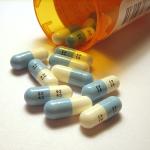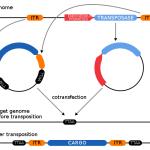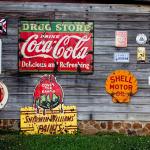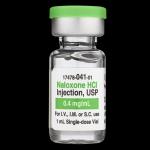From 1968 to 2019, Americans experienced a remarkable increase in life expectancy, from 70 to 79 years. Much of that was due to advances in drugs and vaccines.
regulation
"Genetic Engineering" (GE) has been practiced by humans for more than 10,000 years, first by selecting and hybridizing plants.
Join host Cameron English as he sits down with Dr. Chuck Dinerstein to break down these stories on Episode 40 of the Science Dispatch podcast:
Join host Cameron English as he sits down Dr. Chuck Dinerstein to break down these stories on Episode 37 of the Science Dispatch podcast:
The stated goal of Direct-to-Consumer (DTC) is to provide the patient/consumer with additional information to inform their “purchasing” decisions.
I spent 15 years as the FDA’s “biotechnology czar” at a time when many of the biopharmaceutical companies were small startups needing guidance as they negotiated the regulatory maze.
I have written for years that the Food and Drug Administration should make the opioid overdose antidote naloxone over‐the‐counter.
Join our directors of bio-sciences and medicine, Cameron English and Dr. Chuck Dinerstein, as they break down these stories on episode 26 of the Science Dispatch podcast.
President Biden announced Thursday that he is pardoning anyone convicted of federal crimes for simple possession of marijuana.












